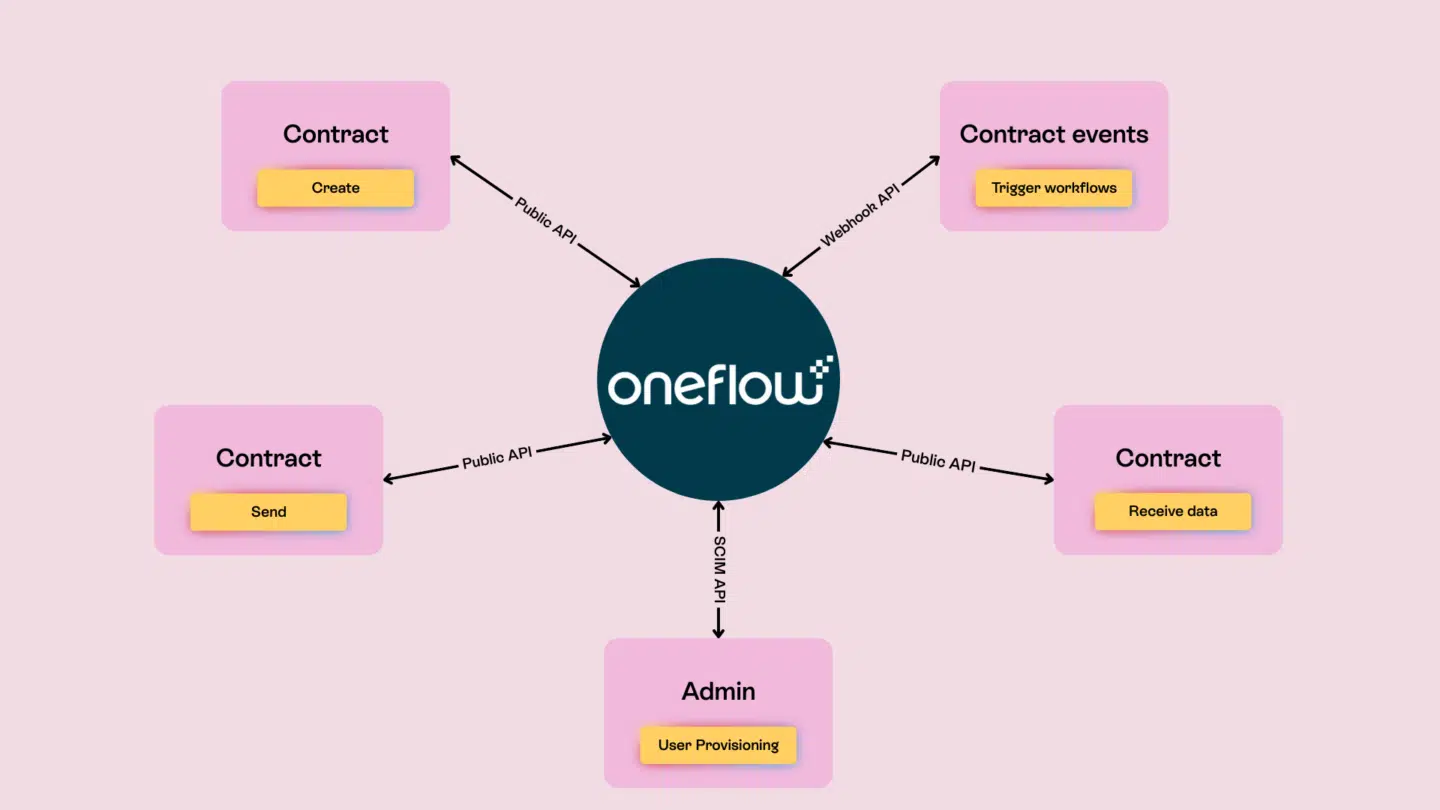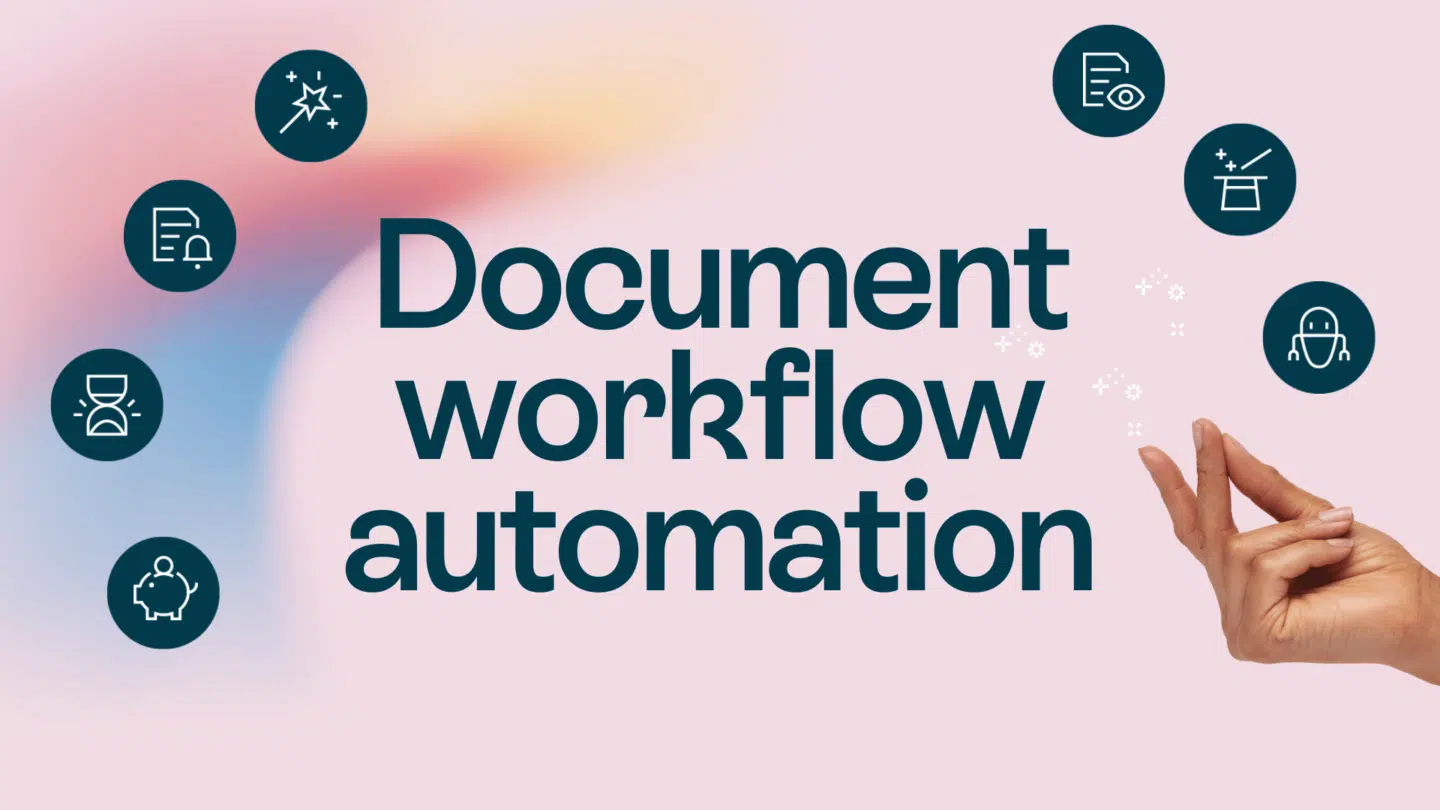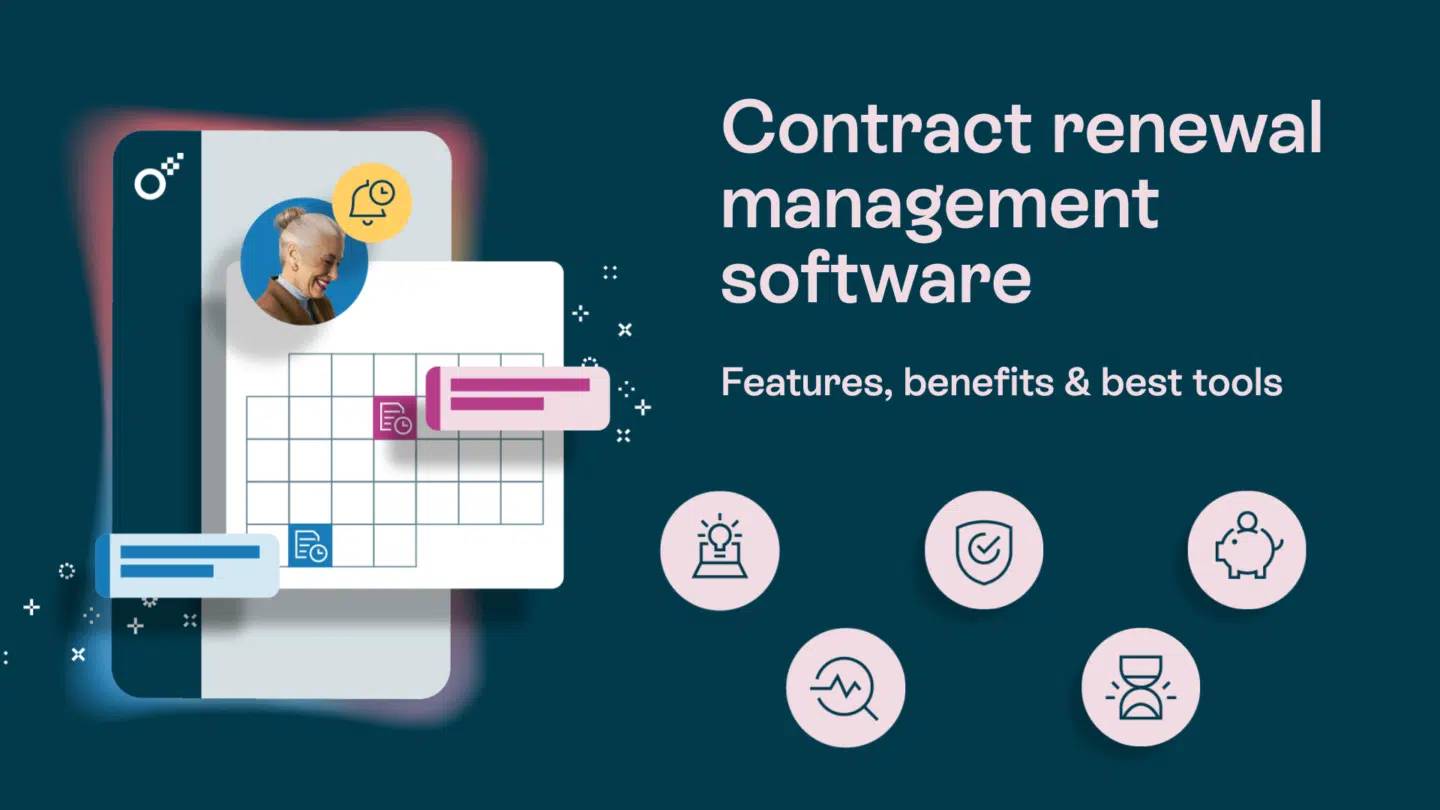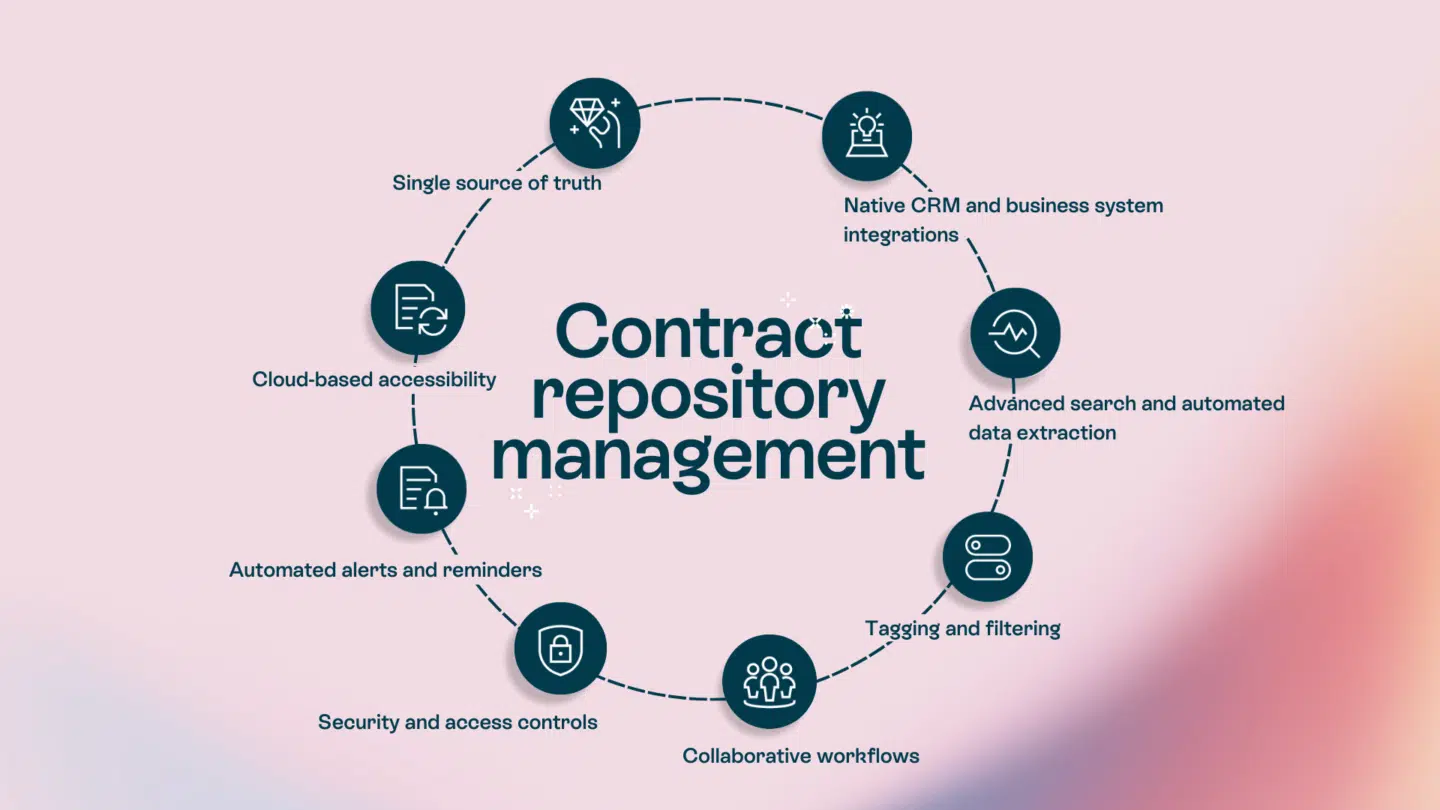1. The rise of AI in contract drafting
AI has undeniably made its way into contract drafting, but as Sofia Bruno, our tech lawyer, emphasized, “AI is not replacing the lawyer’s role; it’s simply taking over tasks that eat up time, like drafting initial clauses.” AI-generated contracts are designed to make the process faster and more efficient by using templates and predefined language. Contract drafting tools can produce a well-structured contract within minutes with the power of AI. However, Sofia highlighted the importance of human oversight. Lawyers still need to review these contracts to ensure they meet the specific needs and intentions of the parties involved.
- AI tools generate contracts faster, freeing up time for lawyers to handle more complex tasks
- Standard clauses can be drafted by AI, but a lawyer’s review is crucial to ensure accuracy
- AI can’t fully understand context or intentions,humans are still needed for the final review
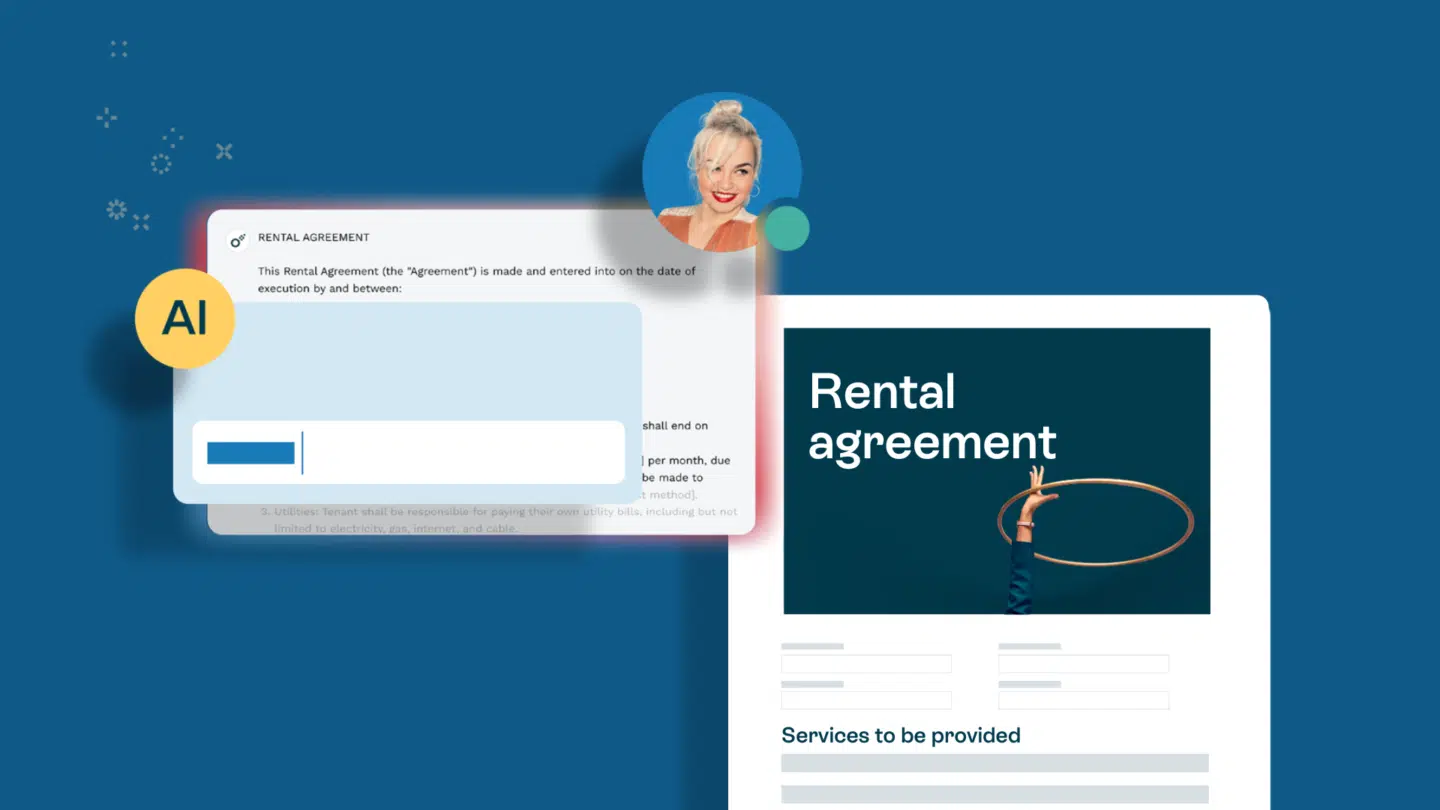
2. The lawyer’s role in AI-generated contracts
Even though AI can draft and review contracts, Sofia was quick to point out that responsibility still lies with the lawyers or parties involved. “AI can help create a clause, but it’s up to the parties to ensure they agree on what that clause means,” she said. The AI is great for generating standard clauses, but it doesn’t know the intentions behind those clauses,this is where lawyers come in. They must explain the terms to their clients and ensure that every clause aligns with the specific goals of the contract.
- Lawyers must verify that AI-generated clauses align with the parties’ intentions
- AI assists in speeding up the drafting process, but it can’t replace the critical role of human judgment
- Legal professionals still have to explain the terms and ensure the contract reflects the true agreement
Read also: 5 best practices of AI in contract management
3. Ethical concerns and accountability in AI-assisted contracts
One of the key points Sofia raised was the issue of accountability. Who is responsible when an AI-generated contract goes wrong? Sofia pointed out that, “If a contract clause generated by AI leads to a dispute, it’s still the responsibility of the lawyer who used the tool.” AI may be useful, but it doesn’t remove the lawyer’s duty to review and verify everything in the contract. There’s also the matter of AI bias. Sofia mentioned that lawyers need to “ensure the tools they use have been tested for bias,” so they don’t inadvertently introduce unfair or biased clauses into a contract.
- Lawyers are still accountable for the final contract, even if it was generated by AI
- Ensuring that AI tools are tested for bias is crucial to avoid unethical outcomes
- Human oversight is key to maintaining the integrity and fairness of AI-generated contracts
4. The balance between efficiency and caution
AI in contract drafting brings undeniable efficiency, but Sofia cautioned that it’s important not to rush through the process just because AI makes it faster. “We get a lot of exciting tools, but they must be properly tested and integrated,” she said. Many lawyers are adopting AI tools to stay competitive, but they need to strike a balance between speeding up workflows and ensuring that every contract is accurate and fair. AI tools are great for organizing and managing large amounts of data, but without careful human oversight, there’s the risk of missing key details that could have significant legal consequences.
- AI provides speed, but it should never be a substitute for thorough review and caution
- Lawyers must balance the efficiency gained from AI with the need for careful legal oversight
- Integrating AI effectively requires testing tools for accuracy, compliance, and security
AI is only a tool, and the final responsibility lies with us
AI is undoubtedly revolutionizing contract drafting and reviewing, but as Sofia Bruno wisely pointed out, “AI is only a tool, and the final responsibility lies with us.” It can streamline the process, saving time and reducing human error, but it doesn’t replace the need for a lawyer’s insight and expertise. AI-generated contracts still need human review to ensure that the clauses are fair, accurate, and aligned with the intentions of all parties involved.
- Efficiency
AI tools speed up contract drafting by generating standard clauses and organizing data - Human oversight
Lawyers must verify AI-generated contracts to ensure accuracy and fairness - Accountability
Lawyers remain responsible for the final contract, regardless of how much AI was used - Ethical concerns
AI tools must be tested for bias to avoid unfair or unethical clauses - Balance
AI brings efficiency, but lawyers must ensure that every contract is reviewed carefully before signing
AI is an incredible tool that’s transforming the legal profession, but it’s only as good as the people using it. By combining AI’s efficiency with human judgment, lawyers can provide better, faster services without sacrificing the quality and integrity of their work.

